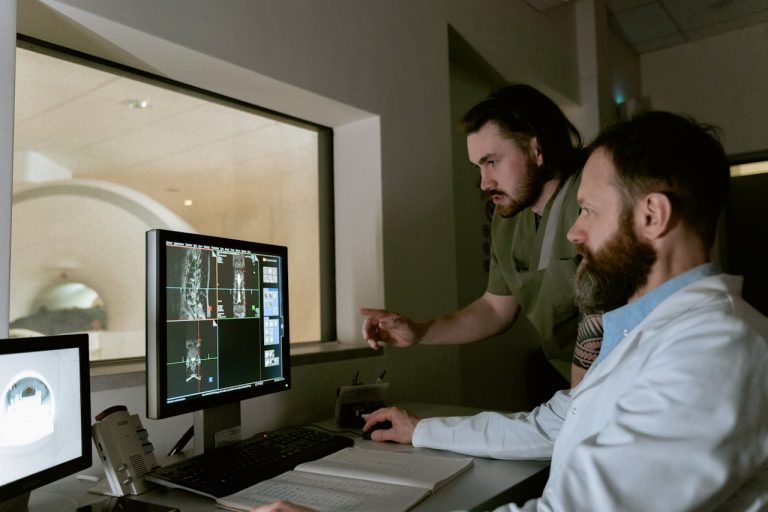For expatriates living and working in the Gulf Cooperation Council (GCC) countries, one of the most important steps in reuniting with their families is the medical examination process required for family visas. The Gulf Approved Medical Centers Association (GAMCA) is responsible for conducting these mandatory medical tests to ensure that family members meet the health requirements for entering GCC countries like Saudi Arabia, the UAE, Qatar, Oman, Bahrain, and Kuwait.
The GAMCA medical tests are crucial in safeguarding public health by screening for contagious diseases and other medical conditions that could potentially burden the healthcare systems of the host countries. Through these tests, GCC countries can ensure that incoming expat families do not pose health risks to the local population. This article explores why these medical tests are so important for families applying for visas.
Health and Safety of the Local Population
The primary purpose of the GAMCA medical tests is to protect the public health and safety of the host GCC countries. Family members of expatriates must pass a medical screening to ensure they do not carry infectious diseases such as tuberculosis (TB), HIV/AIDS, or hepatitis B and C. These diseases, if left unchecked, could spread within the local population and strain healthcare services. By identifying such conditions in advance, the authorities can prevent public health crises.
In addition to communicable diseases, the GAMCA medical test checks for chronic health conditions that may require medical attention while the family members are in the country. GCC nations prioritize maintaining a healthy and productive workforce, and extending this requirement to family members ensures that the expatriate community, along with the local population, remains healthy.
Compliance with Immigration Laws and Visa Requirements
Another critical role of the GAMCA medical tests is ensuring that visa applicants comply with immigration laws and medical standards set by the GCC countries. Just as employees must undergo health screenings before receiving work visas, family members applying for dependent visas must also pass these tests to be eligible for entry. This process ensures consistency in the enforcement of health standards across all categories of visa applicants.
Moreover, GAMCA-approved medical centres are authorized to conduct these tests and issue reports that are submitted directly to the immigration authorities. These reports help officials decide whether or not a visa should be granted based on the applicant’s health. If any significant health issue is found, it may result in the visa being denied or delayed, ensuring that only those who meet the required health standards can enter the country.
Conclusion
The GAMCA medical tests are an essential part of the family visa application process for expatriates in the GCC. They play a pivotal role in protecting public health, ensuring the safety of the local population, and maintaining compliance with the strict visa requirements of the GCC countries. By understanding and adhering to these medical standards, expatriates can ensure a smoother visa process for their families and contribute to the overall well-being of the communities they live in.




